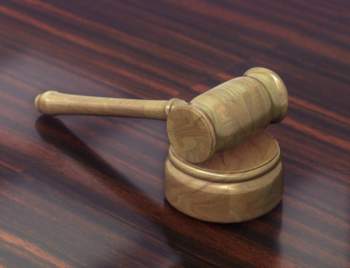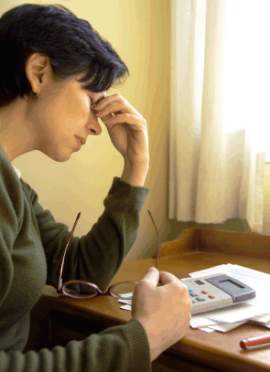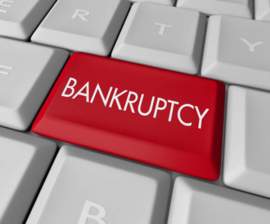
Read This When Bankruptcy and Divorce Coincide

Related Forms
Schedule B - Personal Property
Schedule C - Property Claimed as Exempt
Schedule D - Creditors Holding Secured Claims
Schedule E - Creditors Holding Unsecured Priority Claims
Schedule F - Creditors Holding Unsecured Nonpriority Claims
Schedule G - Executory Contracts and Unexpired Leases
Schedule I - Current Income of Individual Debtor(s)
Schedule J- Current Expenditures of Individual Debtor(s)
Summary of Schedules (Includes Statistical Summary of Certain Liabilities)
View AllIn theory, marriage is a blessed sacrament and sacred institution in the majority of cultures. In practice, however, a marriage is by no means an easy thing to maintain.
Opponents of marriage are quick to cite the popular statistic that about half of all marriages in the United States end in divorce, which reflects not so much Americans' lack of commitment to the act of marriage as it does the true test of a couple's faith and love that matrimony entails, as well as shifting attitudes toward the function of marriage in modern society.
Divorce (which actually may be prompted by money problems) often comes with a swirling of disparate emotions attached, and troubling financial matters only serve to further complicate things. Indeed, bankruptcy and divorce are two concepts that are hard to reconcile with one another, except for the fact that some people tend to file for bankruptcy after divorce.
The following are considerations of what may happen when bankruptcy and divorce coincide and what to do accordingly:
Certainly, nothing prohibits people from splitting up after a formal declaration of bankruptcy. Of course, before going this route, spouses should assess their commitment to such an enterprise and what exactly their priorities are at this point. For some people, the emotional and psychological components of marital strife may make a divorce worth the trouble. Others, meanwhile, may be forced to be more pragmatic in their mindset.
Putting a spin on the "stay together for the kids" trope, two people may neither seek bankruptcy after divorce nor before divorce, opting to stay together for the sake of fiscal stability. Besides, bankruptcy and divorce are both costly processes, and if the former precedes the latter, there may not even be enough money to go around for the both of them.
Therefore, given all of the above, it is more likely to see bankruptcy after divorce, and for reasons that are not hard to glean. In past decades, bankruptcy and divorce sometimes went hand-in-hand, but for another reason. People would file bankruptcy after divorce in an effort to avoid having to pay their ex a divorce settlement, alimony or other monies awarded by a civil court. Essentially, they would be hiding from their one-time spouse behind the shield that is the provision of automatic stay.
NEXT: Understand Student Loans Before Securing A Loan





















